Depression can manifest itself as a variety of different symptoms, including sadness, diminished interest in daily activities, physical and mental fatigue, hopelessness, lack of motivation, and memory issues. Treatment for depression can help an individual manage their depressive symptoms more effectively and shorten their depressive episodes.

There are several treatments, including:
- Psychotherapy: Also known as talk therapy, this is a form of counseling that helps individuals identify and change negative thought patterns and behaviors.
- Medications: Antidepressants are commonly prescribed medications that balance neurotransmitters in the brain and alleviate symptoms of depression.
- Electroconvulsive therapy (ECT): This is a procedure in which electric currents are passed through the brain to trigger a seizure, which can help alleviate symptoms of severe depression.
- Transcranial magnetic stimulation (TMS): This non-invasive procedure uses magnetic fields to stimulate nerve cells in the brain, which can help improve mood and reduce symptoms.
- Light therapy: This involves exposure to bright light, which can help regulate the body’s natural sleep-wake cycle and improve mood.
- Exercise: Regular physical activity has been shown to improve mood and reduce symptoms of depression.
- Alternative therapies: Practices such as acupuncture, yoga, and meditation help reduce symptoms for some individuals.
Not all treatments work for everyone. The most effective treatment for depression may vary depending on the individual’s specific needs and circumstances. It’s always recommended to seek professional help from a qualified mental health provider to determine the best course of treatment.

